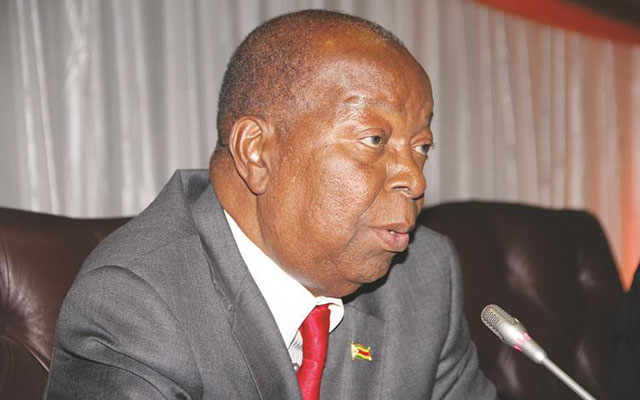Norton by-election: A crisis of political communication for Zanu-PF
Henry Harry Makowa Correspondent
The by-election in Norton, won by independent candidate Temba Mliswa against ZANU PF’s Ronald Chindedza has come and gone. Nonetheless, it has created a lot of varying philosophical debates as to what could have led to the unexpected defeat of the ruling party. This article seeks to argue that the party lost not because “it is finished” but because it hasa dangerous penchant for taking its own supporters for granted and needs to equip its election committees with adequate political communication strategies.
For starters, before any electoral contest, ZANU-PF needs to understand in honesty that it is no ordinary political party but it is in fact is a party running Government and the State. This on its own, means that people vote for or against the party not based on its colourful party manifesto but conduct and performance in Government.
This is a truism for all ruling parties the world over.
Now, in this regard, and ahead of the Norton by-election, how credible and tactful was it for a serious party that controls Government to announce on the very eve of a crucial by-election that it was postponing the payment of salaries of civil servants and vulnerable pensioners to a politically damaging date placed somewhere mid-next month?
In electoral politics, it is not the message that wins the election; it is the timing of that message. Was it therefore necessary for the Minister of Public Service to make such a proclamation on the very eve of a crucial election that the party was participating in whose early communication would have hurt any party candidate?
Why could Government not wait to make the announcement after the polls? Surely, from a sociological point of view, is ZANU-PF seriously not aware (with its depth of history) that the bulk of civil servants reside in Norton, Chitungwiza and Ruwa, for they cannot afford accommodation in inner Harare?
Secondly, once in Norton campaigning, why did the election teams of the party start debating and raising the issue of the alleged corruption around Zimdef, yet the politicians accused in the case were actually not the ones who were contesting in Norton?
That was a gaffe, a big political communication gaffe as it allowed the party candidate to enter the poll carrying the burden of another politician who already has his constituency.
It was political hara-kiri to do that. They should have not put the argument on the table unless if the accused politicians were the ones contesting for the Norton seat.
Thirdly, you have the otherwise noble idea of giving people residential stands, but again what image of the party are you communicating if the distribution is done on the very eve of an election?
It’s not like the party didn’t know of this pending by-election in advance, they should have distributed months before to achieve a better calculated response from the voters.
And were the stands serviced in the first place?
Did they carry title deeds? Are they bankable assets?
These are critical questions that the party needs to urgently look at and understand that the modern African voter is not an unthinking loser, they think and most of them are graduates or advised by their children who are graduates.
Lastly, for the purposes of preparing for future elections, ZANU-PF leaders must not be seen to be alienating themselves from the common supporter of the party.
A case in point is the recent announcement by the party that youths would walk from Harare to Masvingo as they head toward the end of year conference.
My genuine question is: are children of ministers and central committee leaders going to also partake in such a consuming walk?
If the answer is no, then I advise the party to abandon such projects for they further divide the affluent party leadership from its poor supporters who are largely leaving in abject penury.
In closure, having said all and sundry, ZANU PF is still a force to reckon with but they need to understand the foci of Mao Tse Tung to the Chinese Communist Party; that for a revolution to remain revolutionary it must allow for self-criticism.









Comments